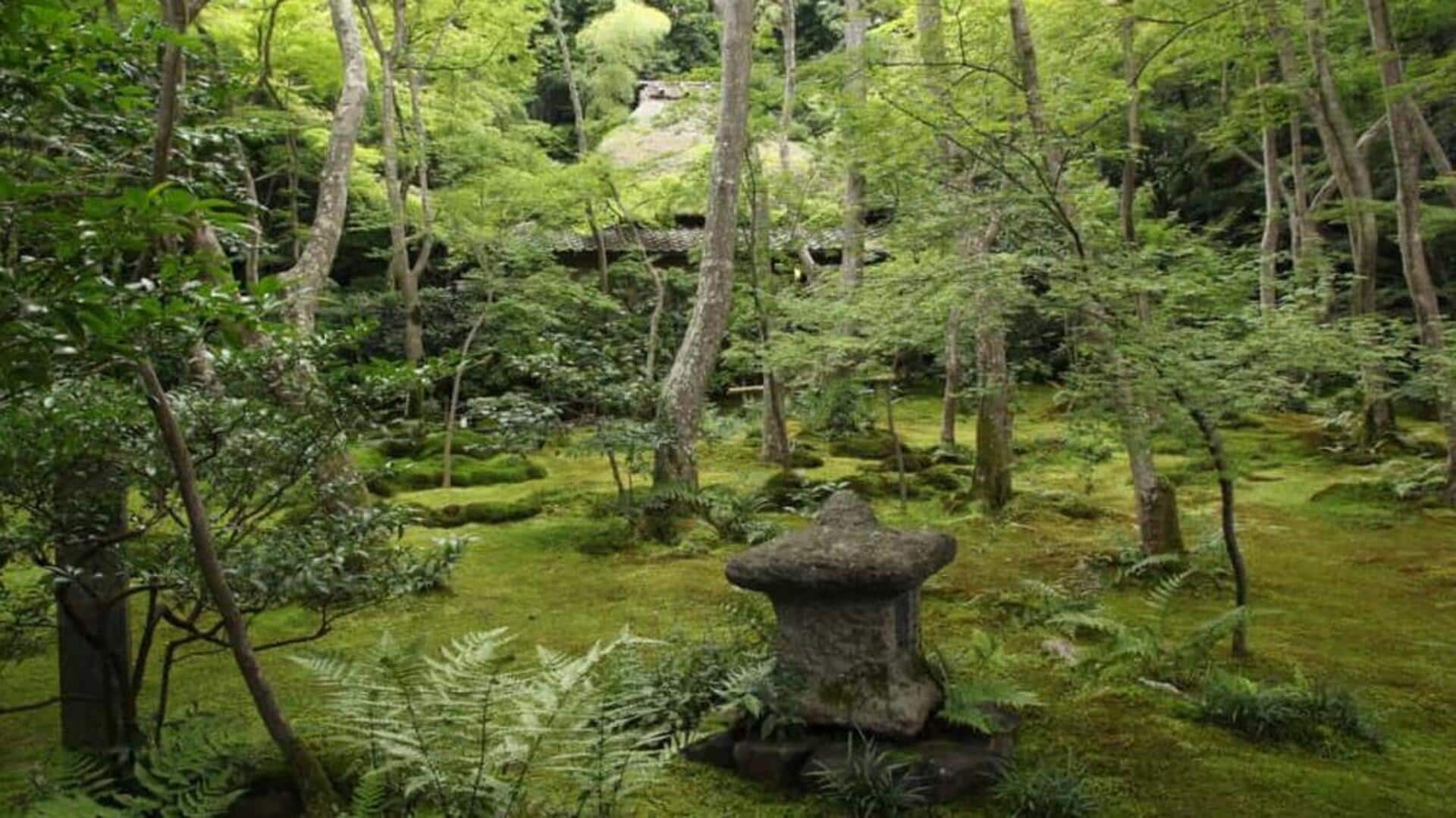
Have you heard about Japanese moss appreciation culture?
What's the story
Another unique aspect of Japan's rich tradition is the Japanese moss appreciation culture. How many of us would think to appreciate something as simple as moss? But in Japan, moss gardens are an integral part of the country's history and aesthetics, with the practice being a reflection of the country's harmony with nature. Traditionally, moss gardens were found in Japanese homes.
Historical context
Historical roots of moss appreciation
The love for moss has been prevalent in Japan for centuries, with its reference found in ancient poems and artwork. In the Heian period, moss was frequently linked to grace and peace. It became a staple of Zen gardens in the Kamakura period, representing simplicity and natural beauty. This historical perspective shows how moss has been a part of Japan's culture for generations.
Garden craftsmanship
The art of creating moss gardens
Creating one such moss garden requires skillful craftsmanship and patience. These gardens are designed to evoke peace through minimalism. The gardeners carefully select different types of moss to create textures mimicking natural landscapes. The process involves meticulous planning so that each element is complemented by the other harmoniously.
Cultural significance
Symbolism in Japanese culture
In Japanese culture, moss has always been a symbol of endurance and resilience, because of its ability to flourish even in the harshest of conditions. It also symbolizes longevity, as it grows slowly over time without losing its lush appearance. This symbolism deeply resonates within Japanese society, where perseverance is revered.
Home cultivation tips
Techniques for cultivating moss at home
Cultivating moss at home brings you closer to nature. Start with appropriate species for your climate. Maintain consistent moisture, provide indirect sunlight, and keep patches safe from being stepped on. Use acidic soil if required and trim gently to avoid damaging the moss. This promotes growth patterns mimicking those in traditional Japanese gardens.